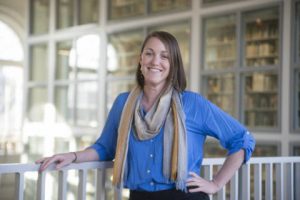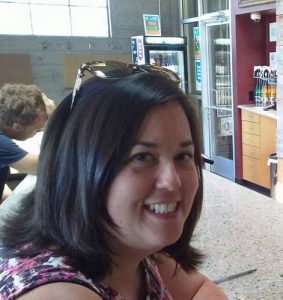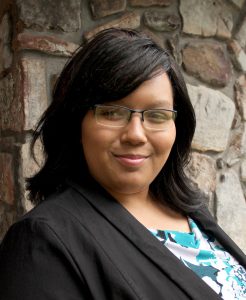by Elena Hoffenberg

Caitlin Birch combines her academic training as a historian and professional archival expertise in digital forms as the Digital Collections and Oral History Archivist at Rauner Special Collections Library at Dartmouth College. Birch completed her MLIS and …

 Having begun her professional career as a middle school teacher in Washington state, Michelle Chiles, always had a passion for outreach and supporting her community. In 2009, she moved halfway around the world when her partner was …
Having begun her professional career as a middle school teacher in Washington state, Michelle Chiles, always had a passion for outreach and supporting her community. In 2009, she moved halfway around the world when her partner was …